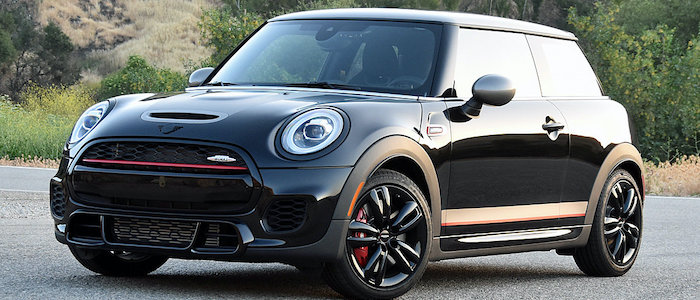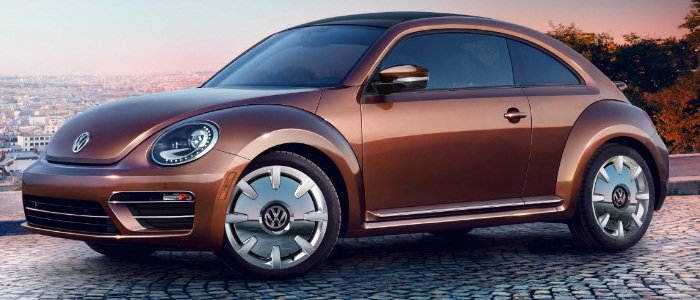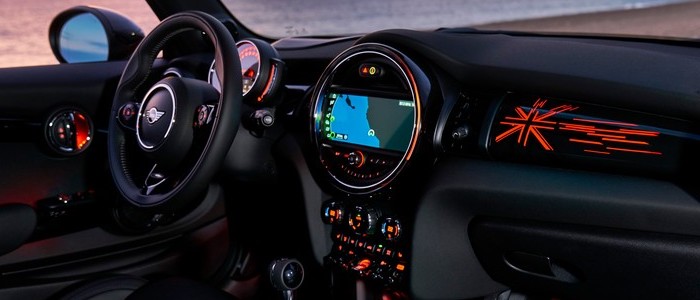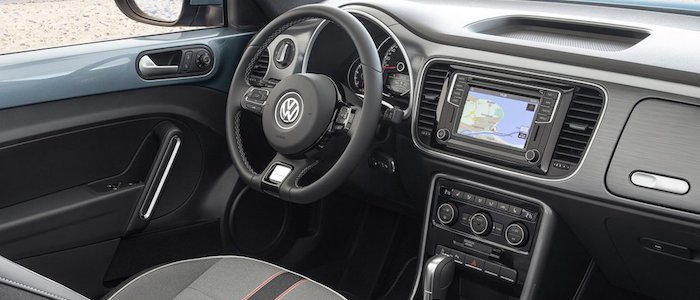Compare two cars
Compare any two cars and get our Virtual Adviser™ opinion
Dimensons & Outlines
Check vehicle history
Engine
Performance (manual gearbox)
Performance (automatic gearbox)
Expenses
Virtual Adviser's™ opinion
We are here considering two somewhat similar cars, but we can't deny some of the obvious differences. For a start, they are not even classified under the same segment, with the Mini being a micro car and the Volkswagen representing city car vehicle class. The first one has a BMW-engineered powertrain under the hood, a 4-cylinder, 16-valves 306hp unit, while the other one gets its power and torque from a 4-cylinder, 16-valves 220hp engine designed by Volkswagen.
SafetyA starting point here would be to take a look at the results from European New Car Assessment Programme (Euro NCAP) tests which were performed on both of the cars, with the same number of safety stars gained in the process. Moving further on, let's take a closer look at some additional safety-related facts. The second vehicle is a city car and that gives it a marginal advantage over the micro car competitor, at least that's what statistics show. Furthermore, if we'd like to consider vehicle mass in this context too, which we definitely should, the German car offers a marginal difference of 8% more metal.
ReliabilityManufacturers have been building their reliability reputation for decades now and, generally speaking, it appears that both brands display similar results in faults and breakdowns, at least on all of the models level. These are the results of an independent reasearch, while our visitors describe reliability of Mini with an average rating of 4.1, and models under the Volkswagen badge with 4.2 out of 5. Unfortunatelly, I don't have enough insight that would allow me to comment in more details on the specific models level. That apart, owners of different cars powered by the same engine as the British car rank it on average as 3.0 out of 5, exactly the same as the other one.
Performance & Fuel economyMini is undoubtly more agile, reaching 100km/h in 1.5 seconds less than its competitor. In addition to that it accelerates all the way to 265 kilometers per hour, 32km/h more than the other car. When it comes to fuel economy the winner has to be the German car, averaging around 6.6 liters of fuel per 100 kilometers (43 mpg), in combined cycle. We can't ignore that 11% difference compared to the British car.
Verdict
Volkswagen appears just a bit more reliable, although the difference is truly marginal. The most important thing when deciding between any two vehicles should always be safety, both passive and active. In my opinion, everything taken into account, the German car offers significantly better overall protection, taking the lead here. From there things take a different direction, with Mini outracing its opponent in any situation possible, making it better choice for boy racers. It does come at a cost though, and that's the fuel consumption... It's really tough to make a final decision here, but if I'd need to, I'd say Volkswagen. Anyway, that's the most objective conclusion I could've came up with and it's based solely on the information found on this website. Aspects such as design, practicality, brand value and driving experience are there for you to measure them out. Also, you could use the oportunity to find out which car, everything taken into account, would be the perfect choice for you in the eyes of the virtual adviser™, among more than 12.000 different ones in our database.


































